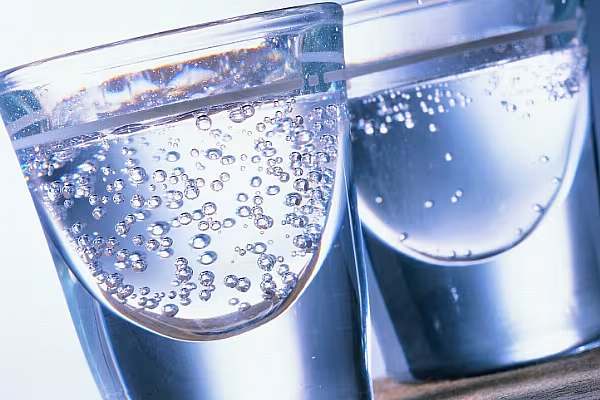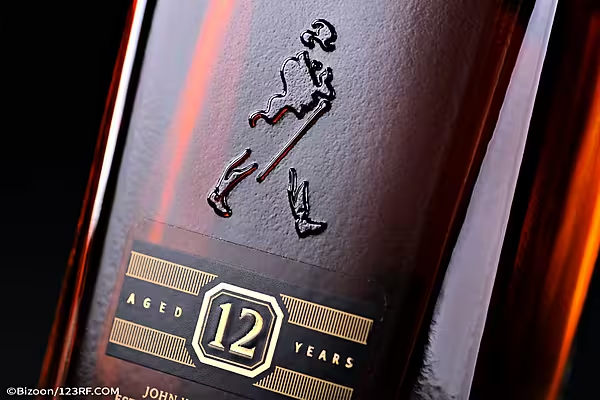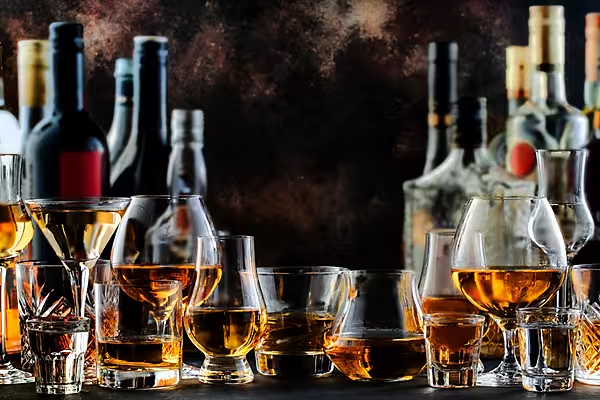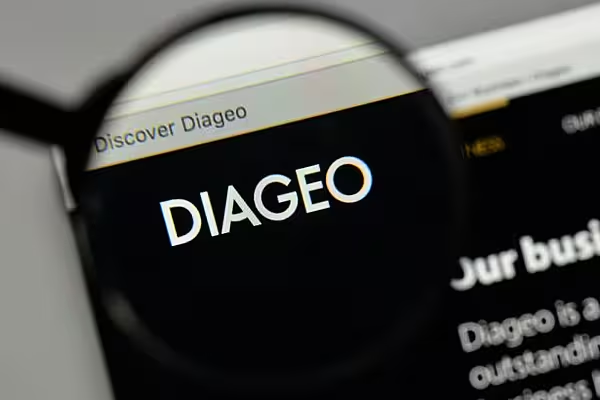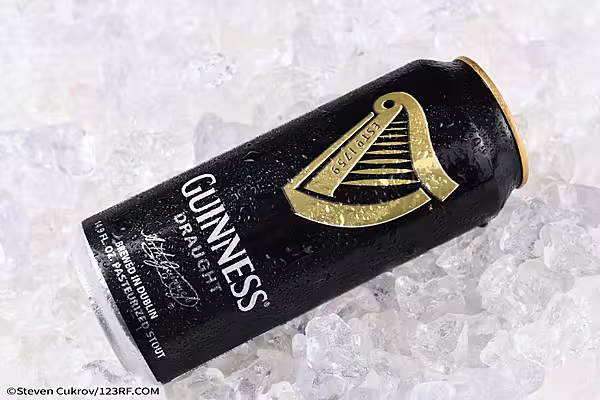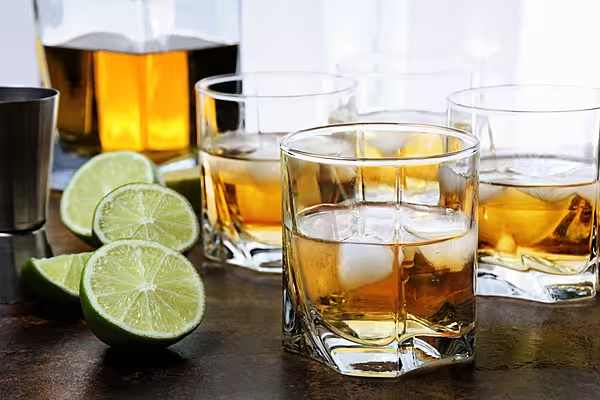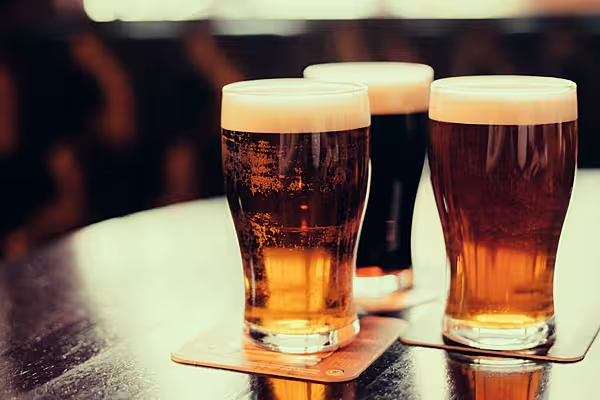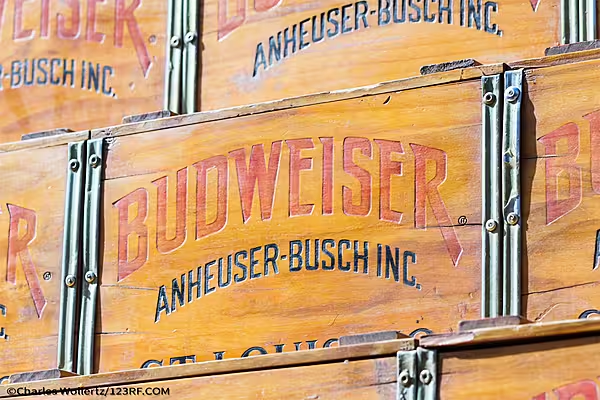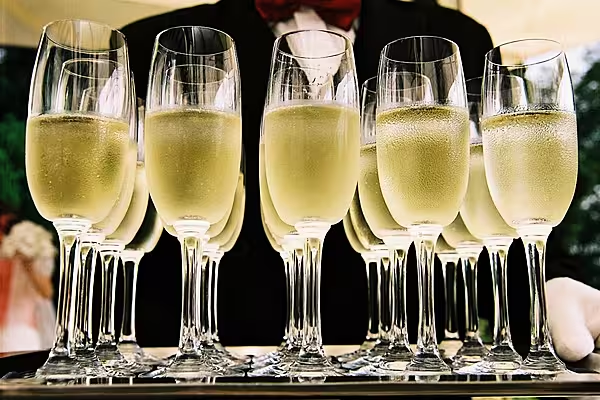America has hit peak vodka and the world’s largest distillers are struggling to stay on top of it.
Diageo’s Smirnoff and Pernod Ricard’s Absolut are clinging to their collective one-fifth share of the $18 billion US market for the liquor after failing to stem a consumer shift toward independent producers and a whiskey resurgence that’s kept vodka consumption flat for more than three years.
The brands, which contribute more than a quarter of US sales for both companies, are discounting products, restyling themselves and recruiting legions of energetic bar-hoppers in an effort to woo a new generation of Cosmopolitan and Bloody Mary drinkers. In a market increasingly dominated by people who grew up in the social-networking era, Russian mystique and Scandinavian chic just don’t sell like they used to.
“You need to be more local, focus more on provenance,” to win younger consumers, said Ian Shackleton, an analyst at Nomura. “You’ve seen Absolut focus more on the provenance, but it’s a little trickier for Smirnoff. It has nothing to do with Russia.”
While Smirnoff is named after Pyotr Smirnov, a czarist-era Muscovite who pioneered charcoal filtration, Diageo distills the brand’s products in the US, UK, India, Africa, Latin America and Australia. Absolut, by comparison, is made at a single estate in Ahus in southern Sweden.
'Activation Army’
To shore up sales at Smirnoff, Diageo last year appointed former Chief Financial Officer Deirdre Mahlan to run its North American division, which accounts for about half of the distiller’s global profit. The London-based company also announced a $50 million initiative dubbed “Activation Army” to host nationwide tastings targeting millennials - consumers born after 1980.
But it may be too late for some of America’s youngest drinkers.
“I’m a little bit of a snob when it comes to that,” Stacey McCormack, a 24 year-old comedy writer and financial consultant in New York, said of her aversion to mass market brands. “If something is crafty or newer or cooler, I honestly will look at it more and say, ‘Oh, that’s cool. I’ll buy this.”’
Absolut may have the edge over its rival because its production story gives it greater authenticity, said Trevor Stirling, an analyst at Sanford C Bernstein.
It’s an edge Pernod Ricard is betting the brand’s future on.
In October, the Paris-based company changed Absolut’s bottle branding for the first time since the product was introduced in 1979 to emphasize its heritage and quality. The bottle now boasts the word “craft,” a term first used by local, high-quality brewers seeking to distinguish themselves from the multinationals that dominate the industry.
The most popular so-called craft label, Tito’s Handmade Vodka, and another upstart, E&J Gallo Winery’s New Amsterdam in California, overtook Absolut in combined selling volume in the US in 2014, compared with less than a quarter just three years earlier, according to International Wine & Spirits Research.
Oak Gambit
But Pernod Ricard’s craft gambit appears to be paying off. Absolut selling quantities have advanced 2.6 per cent in the past 12 weeks, while those of Smirnoff, which has a lower price point, have fallen 3.1 per cent, according to market researcher Nielsen. Diageo has forecast North American sales fell two per cent in the first half of its current fiscal year and reports results for that period on Thursday.
Craft references also feature on the labels of more expensive Absolut variants such as Elyx - which is in the price range of Bacardi’s Grey Goose and LVMH’s Belvedere-- and Oak, an amber-toned vodka aged in barrels and designed to compete with the faster-growing whiskey category.
At Crush Wine & Spirits in Midtown Manhattan, store buyer Joe Salamone said that while vodka demand has been steady over the past few years, sales of artisanal bourbon and Japanese whiskeys to young consumers have “blown up.”
“I was never a big fan of vodka,” said Ted Burke, a 24 year-old project manager at a digital design agency in New York. “A lot more people my age are increasingly drinking bourbon, rye - those kinds of darker liquors.”
Brown-Forman Corp., the Louisville, Kentucky-based maker of Southern Comfort and Tuaca, this month said it sold those two liqueurs to Fireball-maker Sazerac Co. for $544 million to focus on whiskey, including its best-selling brand: Jack Daniel’s.
The ascent of whiskey isn’t just an American trend, it’s global.
Preliminary estimates from researcher Euromonitor show that whiskey overtook vodka as the world’s favorite spirit last year and will retain that title at least through the end of the decade.
Whiskey may be winning, but vodka “isn’t dead,” Diageo’s Mahlan said at a media event in November. “It’s just no longer accelerating.”
News by Bloomberg, edited by ESM. To subscribe to ESM: The European Supermarket Magazine, click here.
